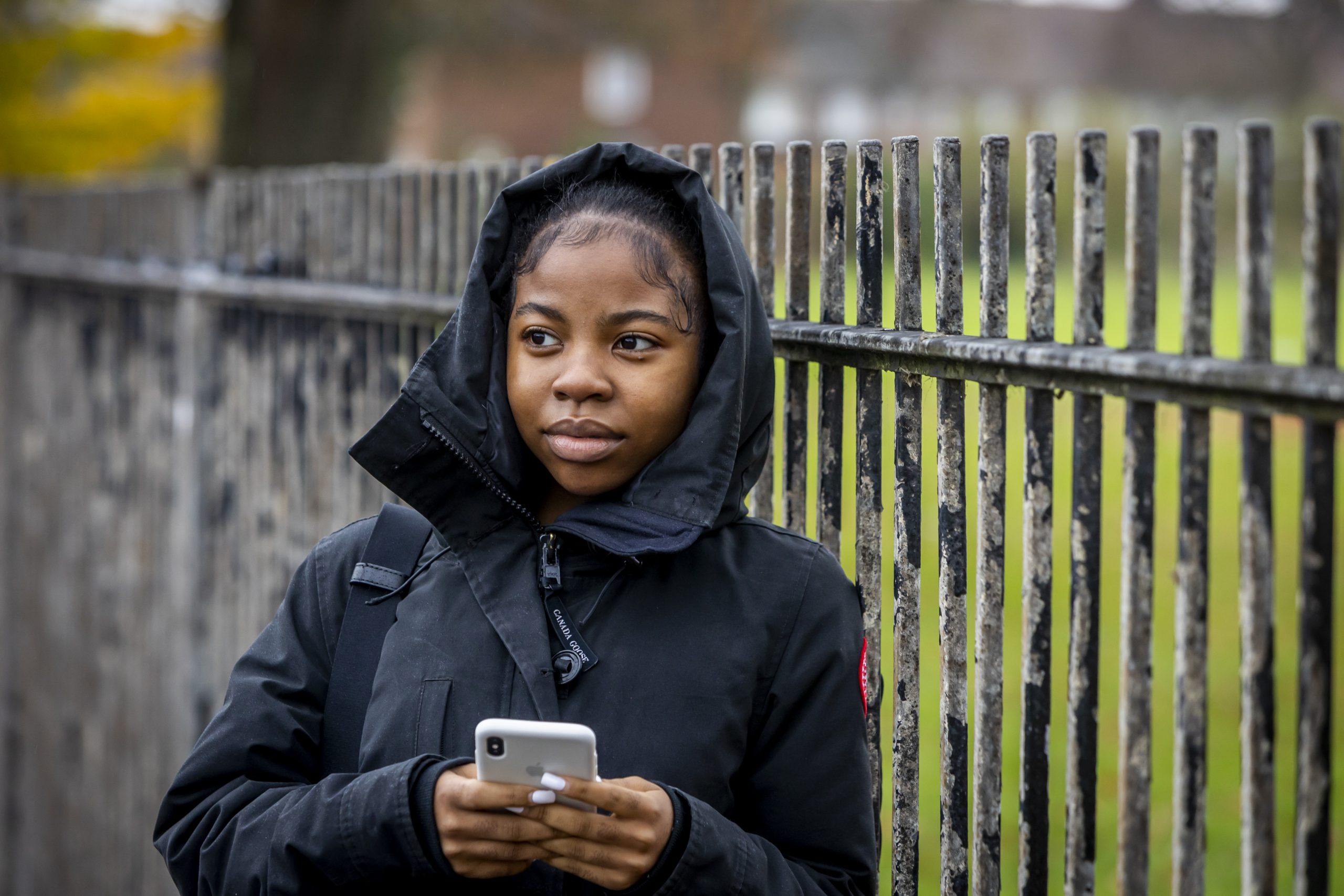What is islamophobia?

If you’ve been abused or harassed because you identify as Muslim, or because people think you are Muslim, you could be a victim of islamophobia. We look at some ways to stop islamophobia to combat this rising issue.
Defining islamophobia
Islamophobia is a fear and hatred towards Muslim people that leads to hostility, intolerance and abusive acts. This is a hate crime that can happen both online and offline and can take the form of:
- Stalking.
- Harassment.
- Bullying.
- Intimidating behaviour.
Other forms include dehumanising, stereotyping and promoting anti-Muslim sentiment and a hatred of Islam as a religion.
Like other hate crimes, it’s important to remember that islamophobia is purely down to the attacker’s perception of the victim. You might think it just targets Muslims, but due to the nature of this prejudice, members of non-Muslim populations can also be on the receiving end of verbal and physical abuse.
How could islamophobia affect me?
After numerous terrorist attacks across the world the number of anti-Muslim attacks in the UK has increased dramatically. Unfortunately, women wearing traditional dress, such as the hijab, are more likely to experience islamophobia.
According to Jeff Arnold, partnerships officer at Tell MAMA, an organisation that tackles anti-Muslim hatred, a lot of people who’ve reported incidents are women. Jeff says Muslim women are targeted because offenders see them as “weaker and easier to intimidate”.
If you’re a young Muslim woman or girl, you can find tips and activities for expressing your emotions through this zine, created by Maslaha and Muslim Girls Fence, a project that creates safe spaces for Muslim girls.
But it’s not just women who are vulnerable. The focus on anti-terrorism efforts has also made whole British Muslim communities feel unsafe.
“Young Muslim people feel like they’re under suspicion, particularly those who’re religious. There’s a fear that they’ll be suspected as being potential extremists,” says Jeff.
What should I do if I’ve been a victim of islamophobia?
Call the police: Report the incident as a hate crime on 999 – or 101 if you think the police may not be able to act on it right away, i.e. you didn’t get a proper look at the offender.
Report it anonymously: If you’re too scared to go to the police you can report it anonymously via organisations such as Tell MAMA or Stop Hate UK.
Speak to someone you trust: You shouldn’t have to go through this alone. Talk to trusted friends and family members who can offer support. If you’re at school or university, tell a teacher or staff member about what’s happened. You could even speak to us here at The Mix.
Get further support: If you’d rather talk to someone you don’t know, the Muslim Youth Helpline provides free and confidential support for young people. Call 0808 808 2008, or contact them via email or live web chat.
Ways to stop islamophobia
It’s upsetting seeing your friend being attacked or harassed because of their culture or faith, but there are many ways you can help.
- If your friend is being verbally abused, and if you think it’s safe to do so, intervene and stand up for them. Try and get other people involved to highlight how hurtful and ridiculous the offender’s views are.
- Comfort your friend and support them after they’ve been attacked or verbally abused. If they’re too scared to report the incident to the police, you could do it for them.
- Speak out against islamophobia. Your opinion matters to your friend so make sure they’re aware of it.
Islamophobia and other forms of racism can affect anybody and, as Jeff explains, tackling anti-Muslim prejudice is a challenge for everyone. “You don’t have to be Muslim to know that it’s wrong for a woman to have her hijab ripped off and be spat at,” says Jeff.
Finally, another way to stop islamophobia is to report it. If you have witnessed or experienced islamophobia or any other types of racism and xenophobic harassment, please submit your experience to iStreetWatch who track racist and xenophobic harassment in public spaces.
Next Steps
- Tell MAMA supports victims of anti-Muslim hate crimes. You can call them confidentially on 0800 456 1226.
- Muslim Youth Helpline provides free and confidential faith and culturally sensitive support services targeted at vulnerable young people under 25 in the UK. Contact them on 0808 808 2008. Opening times: Mon to Fri: 6pm -12am sat - sun: 12pm-12am
- If you have witnessed or experienced racist or xenophobic harassment, please submit your experience to iStreetWatch who track racist and xenophobic harassment in public spaces.
- Chat about this subject on our Discussion Boards.
By
Updated on 21-Apr-2023
No featured article










